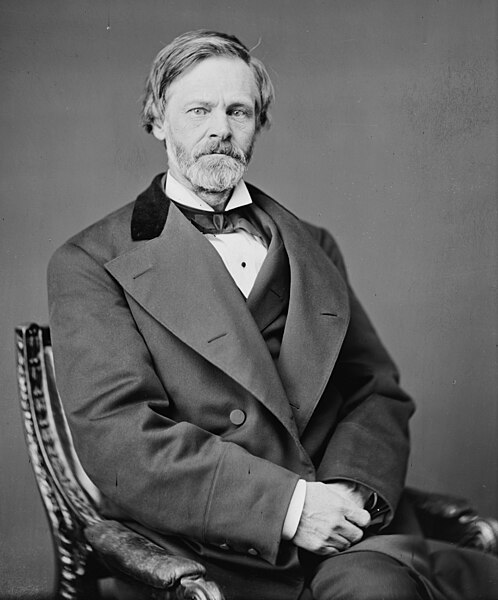United States v. Motion Picture Patents Co.
United States v. Motion Picture Patents Co., 225 F. 800, was a civil antitrust prosecution overlapping to some extent with the issues in the decision in the Supreme Court's Motion Picture Patents case. After the trial court found that the defendants violated §§ 1 and 2 of the Sherman Act by establishing control over "trade in films, cameras, projecting machines, and other accessories of the motion picture business," by their patent licensing practices and other conduct, they appealed to the Supreme Court. After the Supreme Court's 1917 decision in Motion Picture Patents Co. v. Universal Film Manufacturing Co., however, the parties dismissed the appeal by stipulation in 1918 that the decision had made the defendants' appeal futile.
The Edison Trust's control of the Latham Loop Patent gave it domination over the motion picture industry
N.Y. Times headline announcing ruling that Trust must be broken up
The Sherman Antitrust Act of 1890 is a United States antitrust law which prescribes the rule of free competition among those engaged in commerce. It was passed by Congress and is named for Senator John Sherman, its principal author.
Sen. John Sherman (R–Ohio), the principal author of the Sherman Antitrust Act



